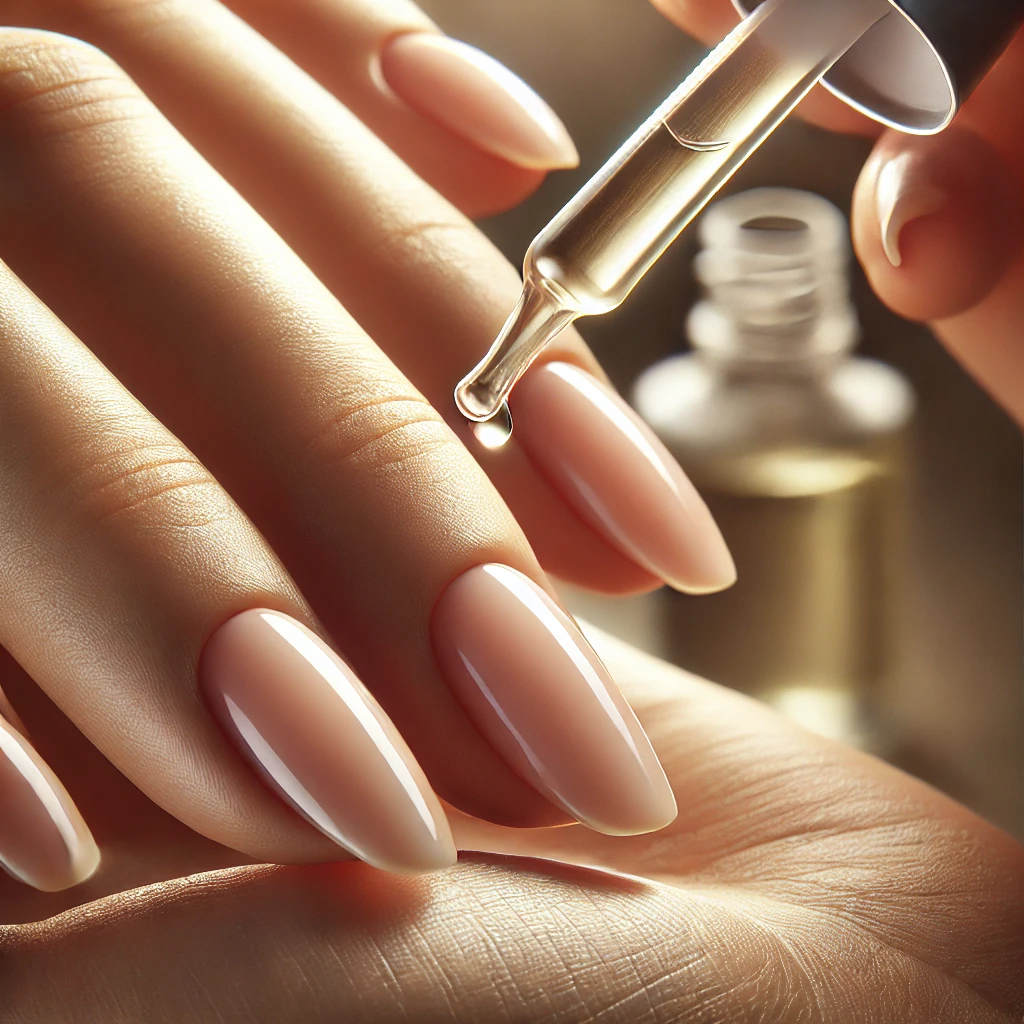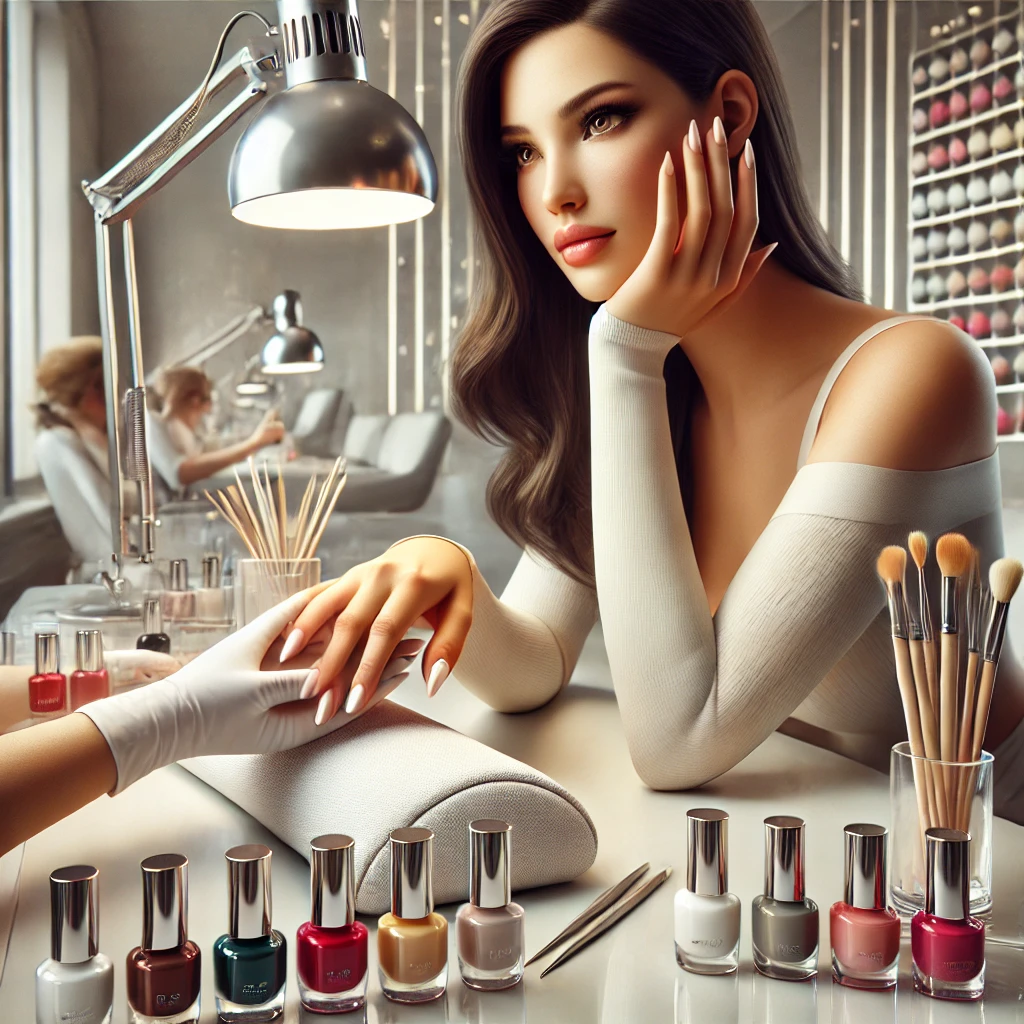The Ultimate Guide to Skincare: Washing, Bathing, Soaps, Deodorant, and Lotion
Taking care of your skin is essential for maintaining its health, appearance, and functionality. Your skin acts as a protective barrier, so treating it right can enhance its ability to protect you and keep you looking radiant. This article will explore how often you should wash your face, shower, and bathe, the best soaps to use, the role of deodorant, and how to effectively use lotion for optimal skincare.
How Often Should You Wash Your Face?
Washing your face is a critical part of any skincare routine. Here are some guidelines to follow:
- Twice a Day: Ideally, wash your face in the morning and before bed. Morning cleansing removes sweat and oil produced overnight, while evening cleansing removes makeup, pollutants, and dirt.
- After Sweating: If you’ve been working out or sweating heavily, wash your face to prevent clogged pores and breakouts.
- Use Gentle Cleansers: Opt for a mild, non-stripping cleanser that suits your skin type (e.g., hydrating cleansers for dry skin, foaming cleansers for oily skin).
Over-washing can strip your skin of natural oils, leading to dryness or irritation. Always follow up with a moisturizer to keep your skin hydrated.
How Often Should You Shower or Bathe?
The frequency of showering or bathing depends on your lifestyle and skin type:
- Daily Showers: For most people, a daily shower is sufficient to maintain hygiene, especially if you are physically active or live in a hot climate.
- Shorter Showers: Keep showers short (5–10 minutes) to avoid drying out your skin.
- Skip Harsh Scrubbing: Avoid scrubbing too vigorously, as it can damage your skin barrier.
If you have dry or sensitive skin, consider showering every other day and using lukewarm water instead of hot water to retain your skin’s natural moisture.
What Soaps Are Best for Your Skin?
The type of soap you use can make a big difference in maintaining healthy skin.
Types of Soaps to Consider:
- Gentle, Fragrance-Free Soaps: Ideal for sensitive or dry skin, these soaps minimize irritation and dryness.
- Moisturizing Soaps: Contain ingredients like glycerin or shea butter to hydrate the skin while cleansing.
- Antibacterial Soaps: Use sparingly, as overuse can disrupt the natural microbiome of your skin.
- Exfoliating Soaps: Use 1–2 times a week to remove dead skin cells, but avoid daily use to prevent over-exfoliation.
Do You Need Different Soaps for Different Parts of Your Body?
Yes, different areas of your body may require specialized care:
- Face: Use a facial cleanser tailored to your skin type. Avoid bar soap, which can be too harsh for delicate facial skin.
- Body: A mild body wash or moisturizing soap works well for most skin types.
- Private Areas: Use unscented, pH-balanced cleansers specifically formulated for sensitive areas.
Underarm Deodorant: What You Need to Know
Deodorant is essential for controlling odor and perspiration. Here’s how to choose and use it effectively:
- Types of Deodorants:
- Deodorants: Neutralize odor but don’t reduce sweating.
- Antiperspirants: Reduce sweating by temporarily blocking sweat glands.
- Application Tips: Apply deodorant to clean, dry skin. If you use antiperspirants, apply them at night to give them time to work while you sleep.
- Natural Options: If you prefer natural products, look for deodorants made with baking soda, arrowroot powder, or essential oils.
The Role of Lotion in Skincare
Lotion is a key part of any skincare routine, helping to hydrate, protect, and maintain your skin’s health.
What Kinds of Lotions Are Best?
- For Dry Skin: Look for rich, emollient creams with ingredients like shea butter, ceramides, or hyaluronic acid.
- For Oily Skin: Use lightweight, non-comedogenic lotions that won’t clog pores.
- For Sensitive Skin: Choose fragrance-free, hypoallergenic products with soothing ingredients like aloe vera or oatmeal.
How Often Should You Use Lotion?
- After Showering: Apply lotion to damp skin within a few minutes of stepping out of the shower to lock in moisture.
- As Needed: Reapply throughout the day to areas that feel dry, especially in colder months when skin tends to lose moisture.
What Parts of the Body Need Lotion?
- Hands and Feet: These areas are prone to dryness and benefit from thicker creams or balms.
- Elbows and Knees: These rougher areas need extra hydration to stay soft and smooth.
- Face: Use a facial moisturizer tailored to your skin type.
- Body: Apply lotion to your arms, legs, and torso to keep your skin hydrated and supple.
Additional Skincare Tips
- Stay Hydrated: Drinking plenty of water supports overall skin health from the inside out.
- Sun Protection: Use a broad-spectrum sunscreen with at least SPF 30 daily to protect against UV damage.
- Healthy Diet: Eat a balanced diet rich in antioxidants, vitamins, and minerals to promote glowing skin.
- Avoid Harsh Products: Steer clear of products with alcohol, sulfates, or synthetic fragrances, which can irritate the skin.
Taking care of your skin doesn’t have to be complicated. By following these guidelines for washing, bathing, choosing soaps, using deodorant, and applying lotion, you can maintain healthy, radiant skin that looks and feels its best. Your skin works hard to protect you—return the favor by giving it the care it deserves.
…


